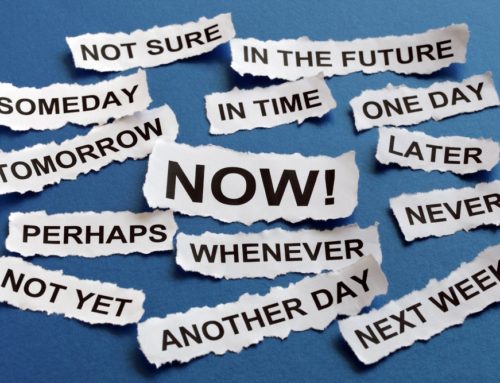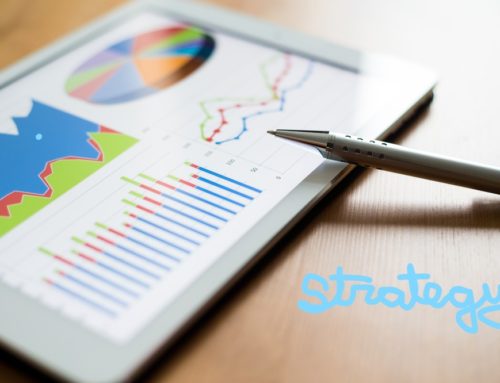According to a recent LinkedIn report, the position of data scientists holds the status of number one most promising job in America for 2019. The position has also topped Glassdoor’s list of Best Jobs in America for the past four years.
These reports come as no surprise, as regardless of the company size or type of industry, every business needs qualified professionals who can wrangle mountains of data into strategized business goals. To be prepared for this challenging yet satisfying career choice, data scientists must combine a unique skill set with the appropriate resources.
Necessary technical skills include—
- Advanced education
Obviously, education is a key component for data scientists, with 88% attaining at least a master’s degree and 46% achieving a Ph.D. The most common fields of study include Mathematics and Statistics (32%), followed by Computer Science (19%) and Engineering (16%).
“After your degree program, you are not done yet. The truth is, most data scientists have a Master’s degree or a Ph.D., and they also undertake online training to learn a special skill like how to use Hadoop or Big Data querying,” suggests Simplilearn.
Hands-on experience can be garnered by independently building an app, exploring data analysis, and through a plethora of means that create opportunities to “delve deep” into the world of Big Data.
- Machine Learning and AI
If a data scientist wants to stand out in the field, he/she should become proficient in machine learning areas and techniques, including supervised machine learning, decision trees, logistic regression, etc., as many in the field have not attained these skills. Such skills assist in solving different data science problems that are based on predictions of major organizational outcomes.
An industry-wide survey conducted by Kaggle sought to establish a comprehensive view of the state of data science. The results revealed that only a small percentage of data professionals are competent in advanced machine learning skills.
- Programming Skills
“Good skills in tools like Python or R and a database querying language like SQL will be expected of you as a data scientist. You should be comfortable carrying out different tasks of programming activities. You will be expected to deal with both computational and statistical aspects of it,” insists Rinu Gour, a top writer in artificial intelligence and editor at DataFair.
See the sidebar, “In-Demand Programming Languages” for more on this critical skill.
Surveys among those involved in leadership with Big Data have revealed that many folks are lending more importance to non-tech skills, giving them equal footing with tech skills. “The skill set of a successful data scientist will comprise both technical and non-technical skills. While technical skills like programming and quantitative analysis are highlighted, it is easy to undervalue the impact of the non-technical skills,” shares Saurabh Sahu.
Non-technical skills that complement and accentuate technical skills include—
- Critical Thinking
Dour asks, “Can you apply objective analysis of facts to a problem or do you render opinions without it? A data scientist should be able to abstract the paydirt of the problem and ignore irrelevant details.”
- Intellectual curiosity
The Albert Einstein-attributed quote, “I have no special talent. I am only passionately curious,” has a unique application in the career path of a successful data scientist.
With the ever-evolving nature of the data science field, the desire to acquire knowledge, to ask questions, to nurture a thirst for learning cannot be overstated. Couple this yearning for knowledge with the initiative to use said acquired intelligence to parse data into its component parts, and a dynamic combination of tech and non-tech skills is born.
A sense of curiosity will facilitate the “sifting” and “deep digging” that will reveal the most insights from a collection of data.
- Communication
“Data citizens who don’t spend all day living in a world of stats can be overwhelmed by the esoterica of advanced analytics,” reminds Ben Gaines, group product manager at Adobe. He suggests the first step for data scientists to becoming better communicators is to recognize that while everyone needs data-driven insights to make the right decision for their organization, not everyone speaks the same language.
A simple tool that can help to “dilute” complex technical jargon into something more easily “digested” by the hearing audience is storytelling. By incorporating anecdotes and a bit of story, the message becomes less intimidating and more palatable.
At RomAnalytics, we specialize in market insights, data analytics, data engineering, and the positions that support insights and analytics, including sales, marketing, and client services. Make your talent acquisition and job search smarter by connecting with us today!




